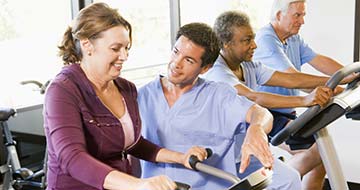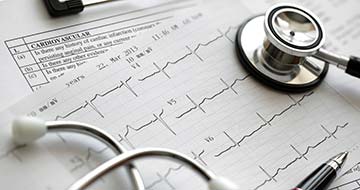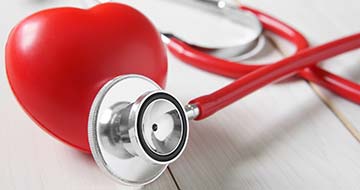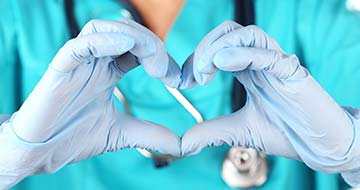Services
The first step in your care process is to understand the nature of your disease so that we can diagnose your condition.
Cardiac Electrophysiology, is the study of the electrical activities of the heart, specifically for the purposes of diag...
When our patients present with problems that may be cardiovascular in nature, we help determine the most likely diagnosi...
We help our patients improve blood flow in their arteries and veins by using very small tubes and specialized tools to d...
When the heart is functioning normally, the arteries are clear and open to allow for easy passage of blood through and o...
The highly trained surgeons and specialists at Biltmore diagnose and treat structural heart disease. We understand the n...
Know the Difference: Cardiac Arrest vs. Heart Attack
Heart attack and cardiac arrest are two of the most common heart conditions. People often use both events interchangeably, but they are not the same. To understand their differences, it helps to know what happens in both processes. Here are some of the distinct characteristics of each condition, including symptoms and possible causes.
| Characteristics | Cardiac Arrest | Heart Attack |
|---|---|---|
| Immediate cause | Occurs when the heart suddenly stops beating. This condition can happen after or during recovering from a heart attack. With its pumping action disrupted, blood stops flowing to the brain, lungs and other vital organs. When sudden cardiac arrest occurs, heart attack is a common cause. | Occurs when a blocked artery prevents oxygen-rich blood from reaching a section of the heart. Unlike with sudden cardiac arrest, the heart usually does not stop beating during a heart attack. |
| Early warning symptoms |
|
|
| Risk factors |
|
|
| What to do | Call 911 first, then use an automated external defibrillator (AED), if one is available. AEDs are programmed to give an electric shock if the equipment detects a dangerous arrhythmia. While waiting, begin cardiopulmonary resuscitation (CPR) and continue until professional emergency medical services arrive. Perform hands-only CPR to the beat of the classic disco song “Stayin’ Alive” to double or even triple a victim’s chance of survival. | Call 911 right away, even if you’re not sure it’s a heart attack—every minute matters. The longer a person goes without treatment, the greater the damage. |
Heart attacks stem from a circulation problem, while an electrical issue triggers cardiac arrests. Despite their distinct processes, both require immediate medical attention to avoid further damage and even death. Don’t wait and get help quickly. Treatments work best when given right after symptoms occur.
If you are at risk for developing cardiovascular disease, seek medical attention or schedule a screening to confirm a diagnosis. We are here with the expertise and compassionate care to help you stay on top of your heart health. Please do not delay care.
Sources:
National Heart, Lung, and Blood Institute
American Heart Association
Medline Plus







